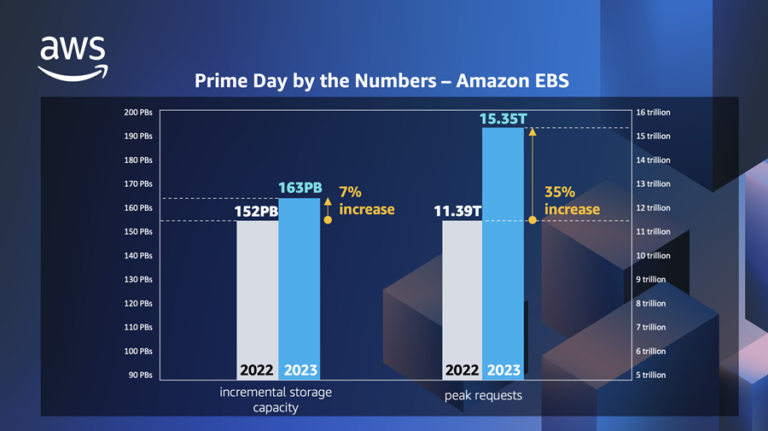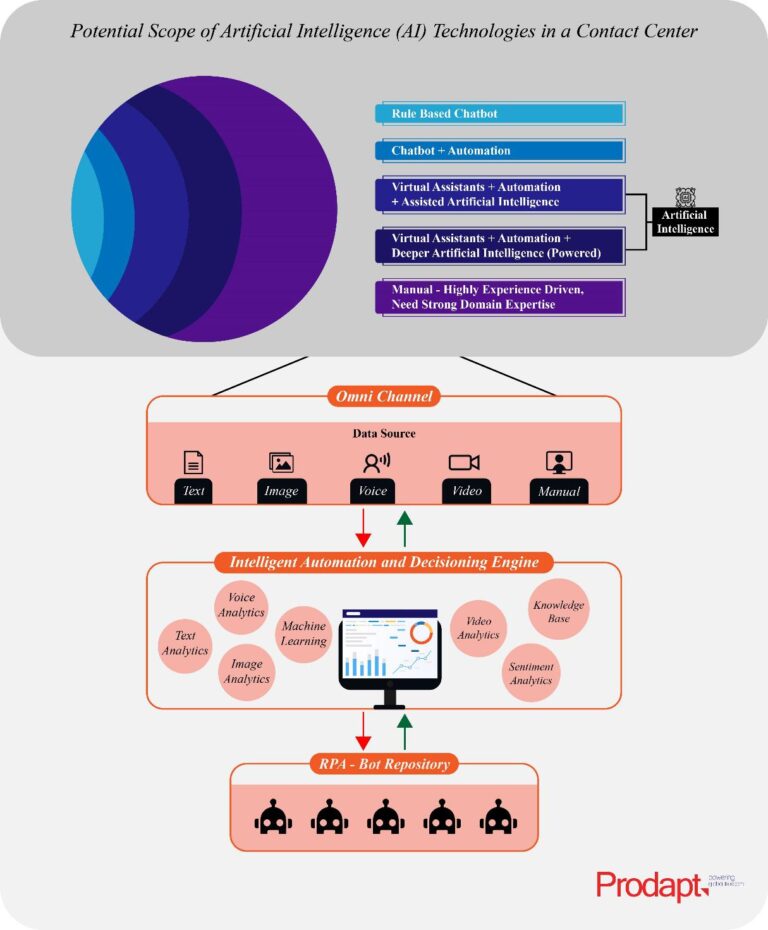
The COVID-19 pandemic revealed two things about managers and the frontline teams they lead. First, the relationship between the two is almost entirely driven by technology — specifically cloud-based technologies — in this age of remote work. Second, many companies lack the technologies necessary to keep everyone linked together through an unprecedented event like the one we’ve experienced.
When shutdown orders forced offices to either close or start working in drastically different ways, it affected the mental health of just about everyone involved. Work became far more stressful than it once was, and people scrambled to adapt while worrying about their health and safety. One study found that 41% of adults experienced feelings of anxiety or depression, up from about 10% before the pandemic.
It fell to management to address both the effects of workplace stress and the underlying causes. Yet a survey taken in June 2020 showed that employees were 20% less likely to report that their supervisors were keeping them informed and prepared. Employees needed useful information and regular updates — for the sake of both their mental health and their daily productivity –— but those details weren’t forthcoming.
That said, managers must now find ways to rebuild relationships with workers. That process will require leading through effective communication and a keen understanding of technology and the role new tech developments will play as we continue to navigate this global health crisis. The cloud is uniquely equipped to keep information flowing freely. For that to happen, managers will need to leverage cloud tech solutions to the fullest and understand how they can serve as the glue that holds teams and organisations together.
How managers and teams drift apart
Just as frontline workers need guidance and support, managers want to stay in close contact with the teams they support. So how did the two sides drift apart during the pandemic when the importance of communication was paramount?
The simple answer? People were overwhelmed. With so many fires to put out, so many changes to adapt to, and so many unknowns to worry about, people had a lot on their plates. Both managers and team members were so focused on their immediate tasks that they couldn’t spend time communicating and checking in with each other. They drifted apart without intending to or even realising it was happening.
This became a self-perpetuating problem. Cloud tech solutions may link managers and employees — especially when they’re working remotely — but that can only happen when managers know how to use these technologies to the fullest and train their teams to do the same. Since those managers were busy and preoccupied due to the pandemic, it was harder to learn about new technologies, evaluate what could help, and implement them successfully.
Put differently, the conditions that made cloud technology more important also made those technologies feel less accessible.
To underscore the importance of cloud technology during and after the pandemic, consider a study of 4,000 knowledge workers. Employees at companies with a connected culture driven by cloud technologies report better physical and emotional health than employees at companies lacking that culture. The first group of employees also reports feeling more productive at home than the second group.
Without a doubt, cloud technologies can foster employee well-being and preserve productivity, even amid extremely trying circumstances. But for it to do so, managers have to embrace the cloud and make it the centrepiece of work relationships.
Rebuilding relationships around the cloud
The cloud offers myriad ways to rebuild relationships that have been hurt by the pandemic and that need to adjust to a new normal. Start here:
- Focus on culture. Does your company culture have a unified approach to the cloud? Does each team, department, office, and branch use the same tools in the same way? If not, it’s a preventable source of friction. Work to synthesise and streamline the company’s cloud orientation to all corners of the enterprise. · Set a standard of innovation. In a recent survey, 59% of respondents said their organisations would run entirely or largely from the cloud within 18 months — and these organisations are already spending 32% of their budgets on cloud computing. Every business should follow this lead by making innovation a core priority. Just remember that change requires management, so pair any new technologies with plenty of education and training for users
- Show you care. If everyone feels like management doesn’t care, team members won’t speak up about issues or ideas. The seamless nature of cloud communication makes it easy for managers to stay in close contact with everyone. Surveys distributed through the cloud can also help companies solicit and analyse feedback
- Seek outside perspectives. Managers are responsible for helping teams optimise the tools at their disposal. Use your tools to the fullest by seeking outside perspectives online. You should then inform the team of any insights you glean from this outside research and social listening, ideally through a cloud-based chat tool like Slack or Microsoft Teams
- Communicate clearly. Similar to the previous point, internal development teams working on cloud-based tech need to keep everyone else updated about any changes or updates in the pipeline. Again, managers should lead this effort. Interface with developers to learn what’s in the works, and then communicate that info to the rest of the team. As always, the cloud is the best tool for seamlessly sharing information between disconnected parties
Many companies have survived the pandemic with the help of the cloud, and it will be just as crucial for emerging into the new normal in full stride. The next step will be evaluating whether the cloud tools already in place can do everything that managers and frontline teams will ask them to do.
Photo by Wai Siew on Unsplash

Interested in hearing industry leaders discuss subjects like this and sharing their experiences and use-cases? Attend the Cyber Security & Cloud Expo World Series with upcoming events in Silicon Valley, London and Amsterdam to learn more.







